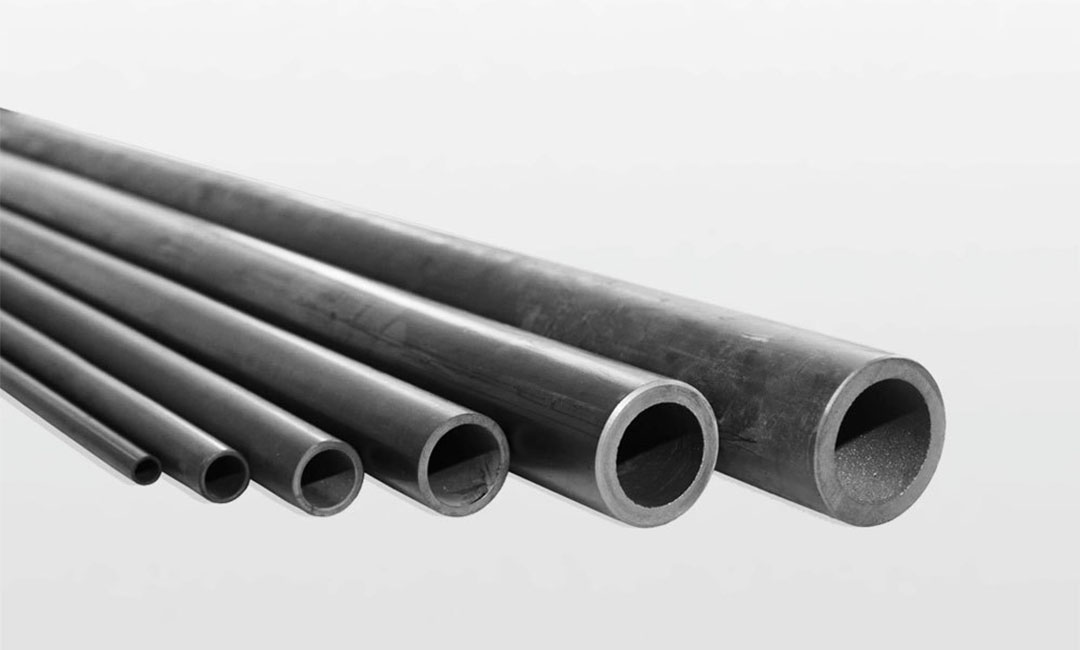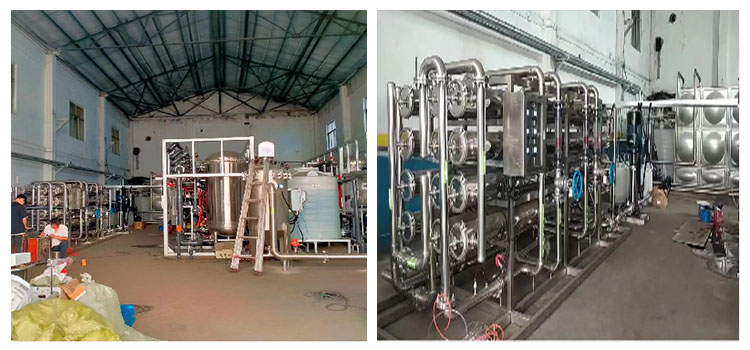Improved Filtration Efficiency
Tubular SiC microfiltration systems have become increasingly popular in various industries due to their numerous advantages over traditional filtration systems. One of the key benefits of these systems is their improved filtration efficiency, which plays a crucial role in ensuring the quality and purity of the final product.
One of the main reasons why tubular SiC microfiltration systems are more efficient than other filtration systems is their ability to achieve a high level of filtration accuracy. The tubular design of these systems allows for a larger filtration surface area, which means that more particles can be captured and removed from the fluid being filtered. This results in a cleaner and more refined final product, which is essential in industries where purity is of utmost importance.
Furthermore, tubular SiC microfiltration systems are capable of achieving a high level of filtration precision, thanks to the uniform pore size distribution of the SiC membranes. This ensures that only particles of a certain size are able to pass through the membrane, while smaller particles are effectively trapped and removed. As a result, these systems are able to achieve a higher level of filtration efficiency compared to other filtration technologies.
In addition to their high filtration accuracy and precision, tubular SiC microfiltration systems also offer a longer service life and lower maintenance requirements. The durable nature of SiC membranes allows them to withstand harsh operating conditions, such as high temperatures and corrosive chemicals, without deteriorating or losing their filtration efficiency. This means that these systems require less frequent replacement and maintenance, resulting in cost savings for industries that rely on filtration systems for their operations.
Another advantage of tubular SiC microfiltration systems is their ability to operate at high flow rates, making them suitable for industries that require fast and efficient filtration processes. The tubular design of these systems allows for a larger volume of fluid to be processed in a shorter amount of time, which can help improve overall productivity and efficiency in industrial processes. This is particularly beneficial for industries that deal with large volumes of fluid that need to be filtered quickly and effectively.
Furthermore, tubular SiC microfiltration systems are also highly versatile and can be customized to meet the specific needs of different industries. Whether it is for the filtration of water, chemicals, or pharmaceuticals, these systems can be tailored to achieve the desired level of filtration efficiency and purity. This flexibility makes them a popular choice for industries that require a reliable and efficient filtration solution for their operations.
In conclusion, the advantages of tubular SiC microfiltration systems in terms of improved filtration efficiency make them a valuable asset for industries that rely on filtration technology for their operations. With their high filtration accuracy, precision, durability, and versatility, these systems offer a cost-effective and reliable solution for achieving clean and pure final products. Industries looking to enhance their filtration processes and improve overall efficiency should consider investing in tubular SiC microfiltration systems to meet their filtration needs.
Enhanced Chemical Resistance
Tubular SiC microfiltration systems offer a range of advantages in industrial applications, one of which is enhanced chemical resistance. This feature is crucial in industries where harsh chemicals are used in the manufacturing process. The use of tubular SiC microfiltration systems can help to protect equipment and ensure the quality of the final product.
One of the key benefits of tubular SiC microfiltration systems is their ability to withstand a wide range of chemicals. This is due to the unique properties of silicon carbide, which is highly resistant to corrosion and chemical attack. This makes tubular SiC microfiltration systems ideal for use in industries such as pharmaceuticals, petrochemicals, and food and beverage production, where a variety of chemicals are used in the manufacturing process.
In addition to their chemical resistance, tubular SiC microfiltration systems also offer excellent thermal stability. This means that they can operate effectively at high temperatures without degrading or losing their filtration efficiency. This is particularly important in industries where high temperatures are used in the manufacturing process, as it ensures that the filtration system can continue to operate effectively even under extreme conditions.
Another advantage of tubular SiC microfiltration systems is their durability. Silicon carbide is an extremely hard material, which means that tubular SiC membranes are highly resistant to wear and tear. This makes them ideal for use in industries where the filtration system is subjected to high levels of mechanical stress, such as in mining or wastewater treatment plants. The durability of tubular SiC microfiltration systems ensures that they have a long service life and require minimal maintenance, reducing downtime and increasing productivity.
Furthermore, tubular SiC microfiltration systems are also resistant to fouling. Fouling occurs when particles or contaminants build up on the surface of the membrane, reducing its efficiency and requiring more frequent cleaning. The smooth surface of tubular SiC membranes makes them less prone to fouling, ensuring that they can maintain their filtration efficiency over time. This is particularly important in industries where the filtration system is used continuously, as it reduces the need for frequent maintenance and cleaning.
Overall, the enhanced chemical resistance of tubular SiC microfiltration systems makes them an ideal choice for a wide range of industrial applications. Their ability to withstand harsh chemicals, high temperatures, and mechanical stress ensures that they can operate effectively in even the most challenging environments. In addition, their durability and resistance to fouling make them a cost-effective and low-maintenance option for industries looking to improve their filtration processes. With their many advantages, tubular SiC microfiltration systems are a valuable asset for any industry looking to enhance their filtration capabilities.
Longer Lifespan and Reduced Maintenance Costs
Tubular SiC microfiltration systems have become increasingly popular in various industries due to their numerous advantages over traditional filtration systems. One of the key benefits of these systems is their longer lifespan and reduced maintenance costs, making them a cost-effective and efficient choice for businesses looking to improve their filtration processes.

One of the main reasons why tubular SiC microfiltration systems have a longer lifespan compared to other filtration systems is their durability. Silicon carbide (SiC) is a highly durable material that can withstand harsh operating conditions, such as high temperatures and corrosive environments. This means that tubular SiC membranes are less prone to damage and degradation over time, resulting in a longer lifespan for the filtration system as a whole.
In addition to their durability, tubular SiC microfiltration systems also require less maintenance compared to other filtration systems. Traditional filtration systems often require frequent cleaning and replacement of filter media, which can be time-consuming and costly. However, tubular SiC membranes have a smooth surface that is resistant to fouling, allowing them to operate efficiently for longer periods without the need for frequent maintenance.

Furthermore, tubular SiC microfiltration systems are easy to clean and maintain, reducing the overall maintenance costs for businesses. The smooth surface of the SiC membranes makes them easy to clean using simple cleaning procedures, such as backwashing or chemical cleaning. This not only saves time and labor costs but also extends the lifespan of the filtration system by preventing the buildup of contaminants on the membrane surface.
Another advantage of tubular SiC microfiltration systems is their energy efficiency. These systems require less energy to operate compared to traditional filtration systems, resulting in lower operating costs for businesses. The high permeability of SiC membranes allows for faster filtration rates, reducing the amount of energy needed to maintain the desired flow rate. This not only saves businesses money on energy costs but also reduces their carbon footprint, making tubular SiC microfiltration systems a more sustainable choice for industrial applications.
Overall, the longer lifespan and reduced maintenance costs of tubular SiC microfiltration systems make them an attractive option for businesses looking to improve their filtration processes. The durability of SiC membranes, combined with their ease of cleaning and energy efficiency, result in a cost-effective and efficient filtration solution that can help businesses save time and money in the long run. With these advantages, it’s no wonder that tubular SiC microfiltration systems are becoming increasingly popular in a wide range of industries.

